Let’s settle this once and for all—no, caffeine does not significantly dehydrate you during intense workouts if you stay hydrated.
This old myth has been floating around gyms forever, but modern research (and real-world experience) says otherwise.
As a fitness coach who has used caffeine for years and trained countless clients with different levels of tolerance, I can confidently say: caffeine can be a powerful pre-workout tool—if you use it smartly.
In this article, I’ll break down the science, share real training stories, and give you practical tips to use caffeine safely without sabotaging your hydration.
If you’re interested in caffeine’s effects on performance, don’t miss my detailed guides on caffeine for mental focus during workouts and the best caffeine supplements with no crash.
Table of contents
Understanding Caffeine’s Diuretic Effect
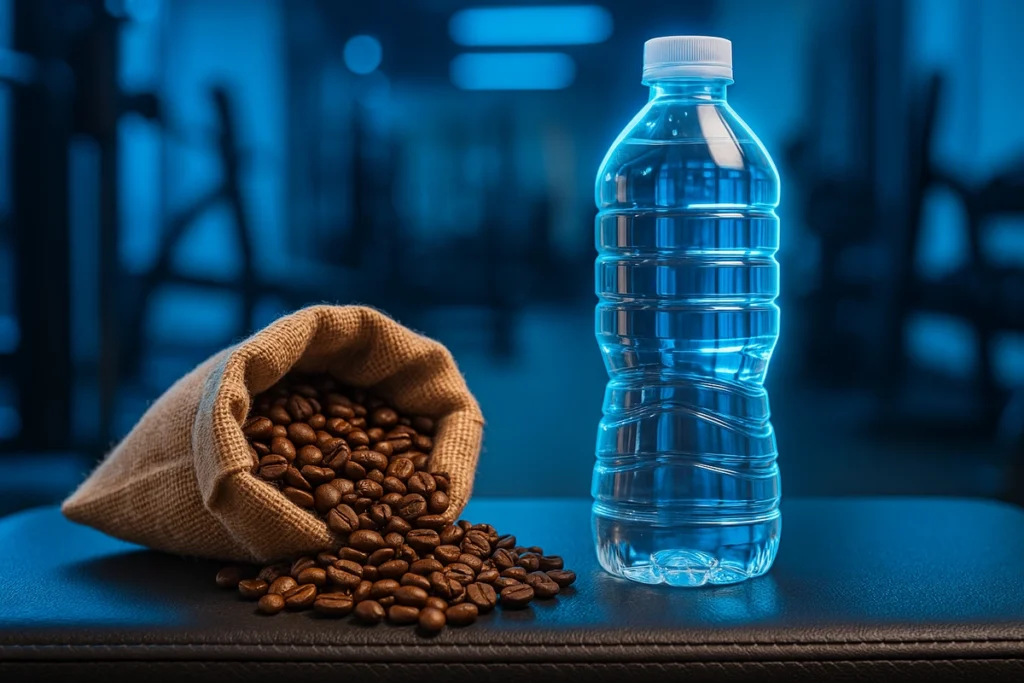
Caffeine is a mild diuretic—that part is true. It stimulates the kidneys to produce a bit more urine, especially in people who don’t use it regularly.
But here’s the catch: this effect is very mild in active people and doesn’t cause meaningful dehydration.
When you’re training hard and sweating buckets, that slight increase in urine output doesn’t even come close to the amount of water you’re already losing through sweat.
Your body is far more affected by exertion than by a cup of coffee.
I’ve taken 200–250 mg of caffeine before dozens of intense sessions—especially in cut phases when energy is lower. I never noticed unusual thirst or signs of dehydration just because of the caffeine.
The real issue? Not drinking enough water before training.
Also, if you’re unsure how caffeine interacts with other supplements, check out my breakdown on the caffeine and creatine stack.
Research Breakdown – Caffeine and Hydration in Athletes

Studies show that moderate doses of caffeine (around 3–6 mg/kg) don’t dehydrate trained athletes.
In fact, athletes who consume caffeine regularly (like most gym-goers) develop a tolerance to its diuretic effect.
A 2014 study published in PLOS ONE found no significant differences in hydration between coffee drinkers and water drinkers over several days.
Another study looked at cyclists using caffeine and found that performance improved without negative effects on hydration, even in warm environments.
What matters most is your total fluid intake—not whether you had coffee before your session.
Still, if you’ve ever taken a break from caffeine and returned too aggressively, you know that timing and cycling matter. My full post on caffeine cycling covers how to avoid side effects and maximize long-term performance.
Training Intensity and Sweat Loss – What’s the Real Threat?
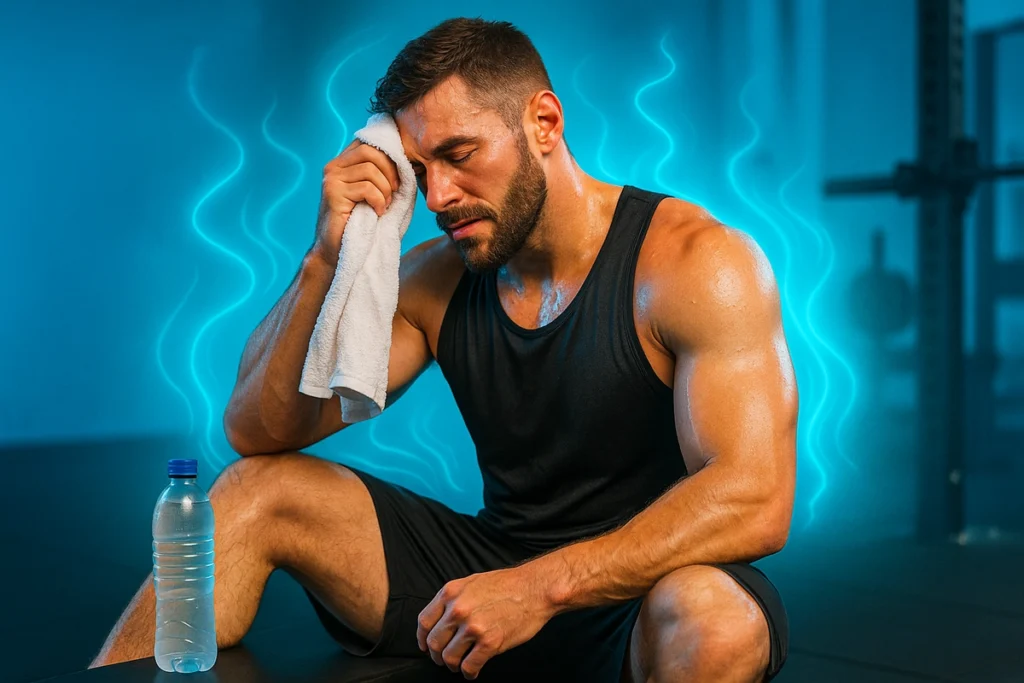
Let’s get real: if you’re training hard—especially during leg day, HIIT, or circuits—your body is losing fluid fast through sweat, not pee.
I’ve had sessions where I burned 500+ calories and was soaked by the end. That sweat loss is what you need to replace—not the few extra milliliters caffeine might flush out.
One of my clients, Mateo from Spain, regularly uses caffeine before fasted cardio. He sweats a lot, but never complains of dehydration—because he knows how to prep his body with water beforehand.
Speaking of fasted training, my detailed post on caffeine before fasted cardio is a must-read if you train early in the day.
Caffeine Timing and Fluid Strategy During Workouts
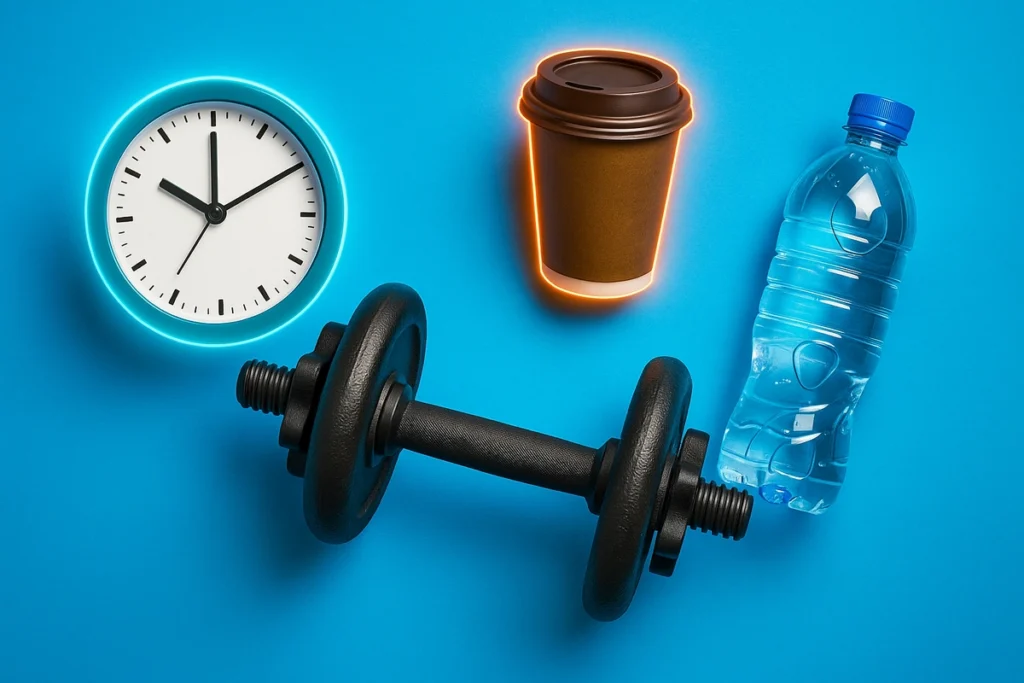
Here’s what I do, and what I recommend to all my clients:
- Drink 400–500 ml of water 30–60 minutes before your session.
- Take your caffeine (from coffee or a supplement) 20–30 minutes pre-workout.
- Sip water during the workout, especially if it’s longer than 45 minutes.
- Hydrate after, ideally with water or a light electrolyte drink.
A mistake I often see? People like Anna—a client from Germany—downing an energy drink before training but skipping water.
She ended up with cramps during her HIIT session. Once we added water to her pre-workout routine, the problem disappeared.
If you’re training early in the morning, my post on the best time to take caffeine for early workouts can help you get the timing just right.
Also, if you’re curious whether caffeine pills or coffee are better for the gym, I compare both in this post: caffeine pills vs. coffee for gym performance.
Final Verdict – Should You Worry About Dehydration?
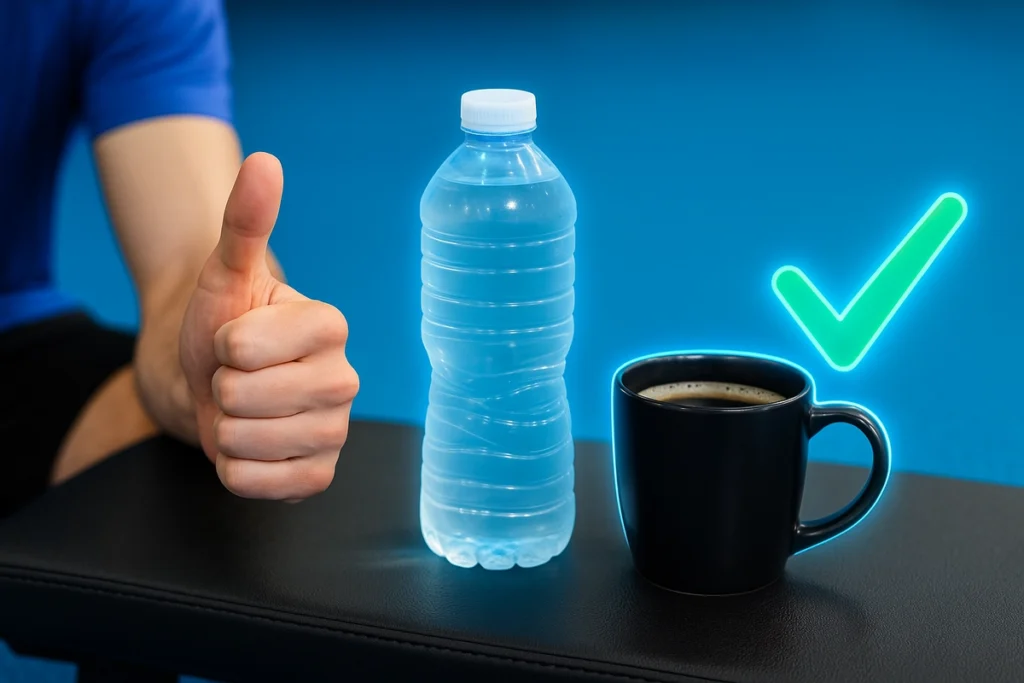
No, caffeine doesn’t dehydrate you enough to hurt your performance—if you hydrate properly.
Caffeine is a performance booster, not a hydration risk for most people.
I’ve personally used it throughout bulking and cutting phases and never ran into hydration problems as long as I kept my water intake high.
Still, if you’re training in hot conditions, doing fasted workouts, or just starting caffeine, be mindful.
Start small (100–150 mg), see how your body reacts, and always prioritize hydration.
If you’re unsure how your body responds, or you’ve recently stopped using caffeine, you might experience side effects. Learn how to manage it in this guide on caffeine withdrawal in athletes.
For more details on timing, read when’s the best time to take caffeine before a workout.
And if you’re considering going above the standard dosage, check out the risks in caffeine side effects at high doses.

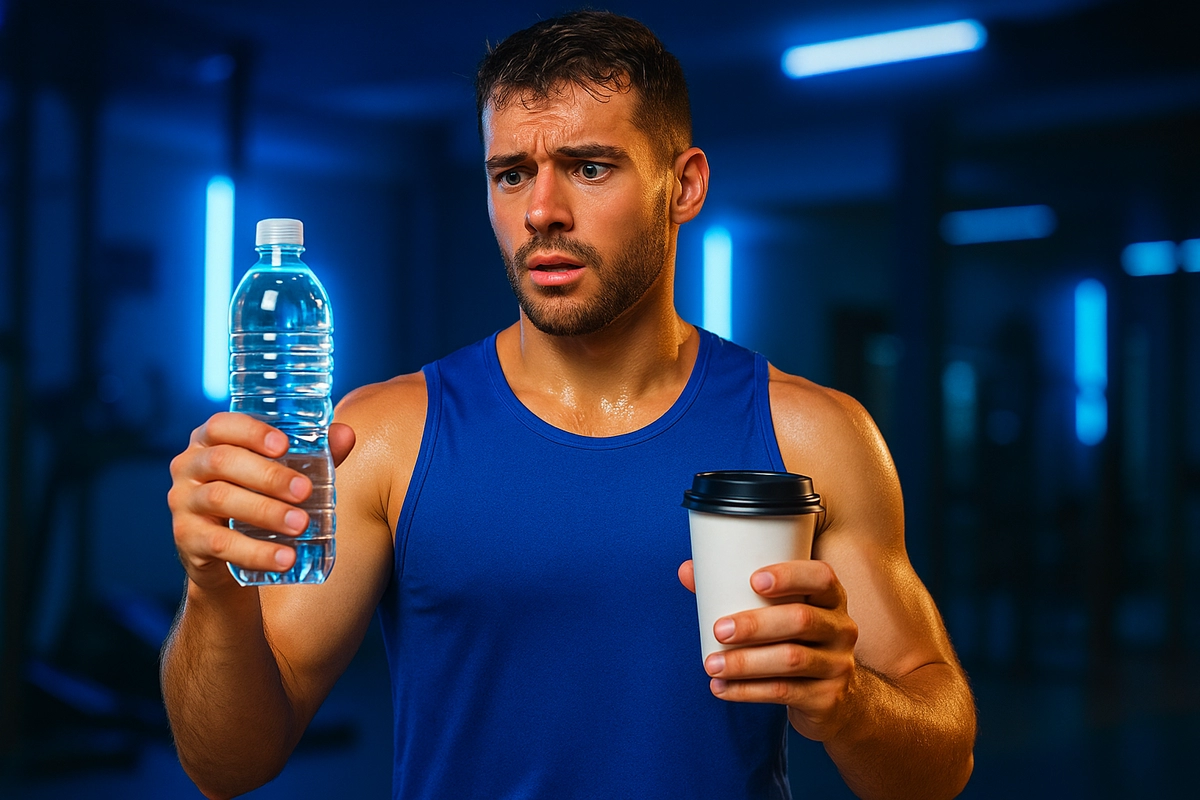

Leave a Reply